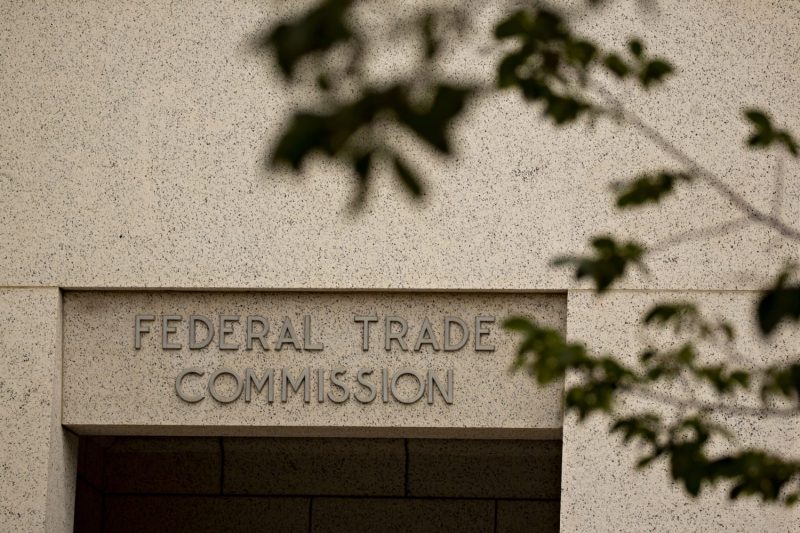The Federal Trade Commission (FTC) recently made headlines when it filed a complaint against three major drug middlemen, accusing them of engaging in anticompetitive behavior that resulted in the unjust inflation of insulin prices. This significant move by the FTC sheds light on the crucial issue of rising drug prices in the United States and raises important questions about the role of middlemen in the pharmaceutical industry.
At the center of the FTC’s complaint are the three defendants – Express Scripts, CVS Health’s Caremark, and OptumRx, which collectively control a substantial portion of the market for pharmacy benefit management services. These companies act as intermediaries between drug manufacturers, pharmacies, and health insurance providers, negotiating prices and managing prescription drug benefits for millions of Americans.
According to the FTC’s allegations, the three defendants engaged in a variety of anticompetitive practices that led to inflated insulin prices. These practices included exclusive dealing arrangements with insulin manufacturers, which limited competition and prevented rival pharmacy benefit managers from offering lower prices to consumers. The complaint also highlighted the use of rebates and discounts in a way that favored one insulin manufacturer over others, ultimately driving up prices for consumers.
The implications of the FTC’s complaint are far-reaching and have sparked a renewed debate about the role of middlemen in the pharmaceutical supply chain. Critics argue that pharmacy benefit managers wield too much power and influence in the market, allowing them to engage in practices that harm consumers and limit choice. The case against Express Scripts, CVS Health’s Caremark, and OptumRx underscores the need for increased oversight and regulation to ensure fair competition and affordable drug prices for all Americans.
In response to the FTC’s complaint, the three defendants have denied any wrongdoing and vowed to vigorously defend themselves against the allegations. They maintain that their practices are in line with industry standards and are intended to deliver value to consumers and increase access to essential medications like insulin.
As the case unfolds, it will be crucial to monitor the developments closely and assess the potential impact on drug pricing and competition in the pharmaceutical industry. The outcome of this legal battle could have significant implications for how prescription drugs are priced and distributed in the United States, ultimately shaping the future of healthcare for millions of Americans.
In conclusion, the FTC’s complaint against Express Scripts, CVS Health’s Caremark, and OptumRx highlights the complex dynamics at play in the pharmaceutical industry and underscores the need for greater transparency and accountability in the pricing of essential medications. By addressing anticompetitive practices and promoting fair competition, regulators can help ensure that consumers have access to affordable and high-quality healthcare.

